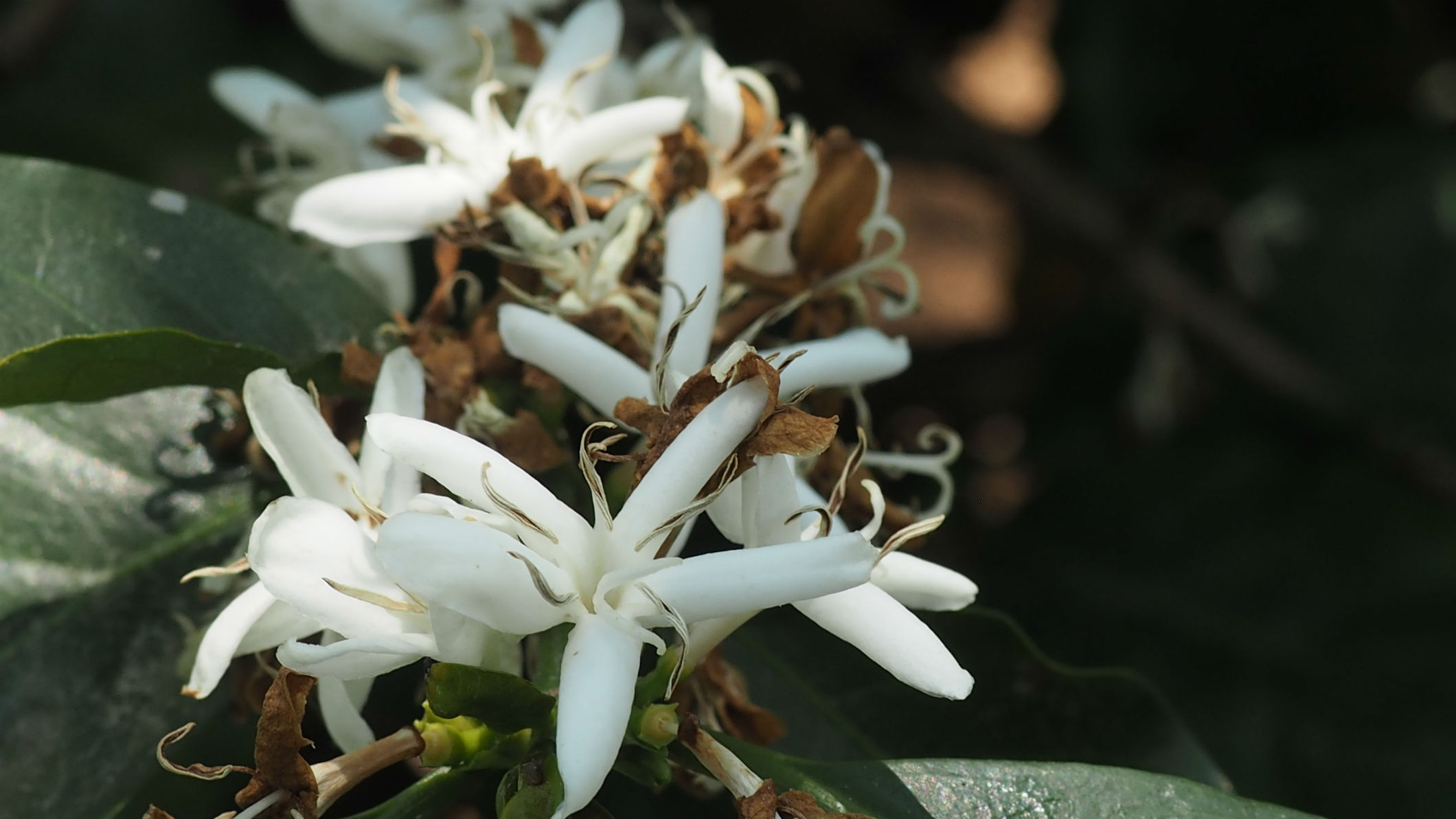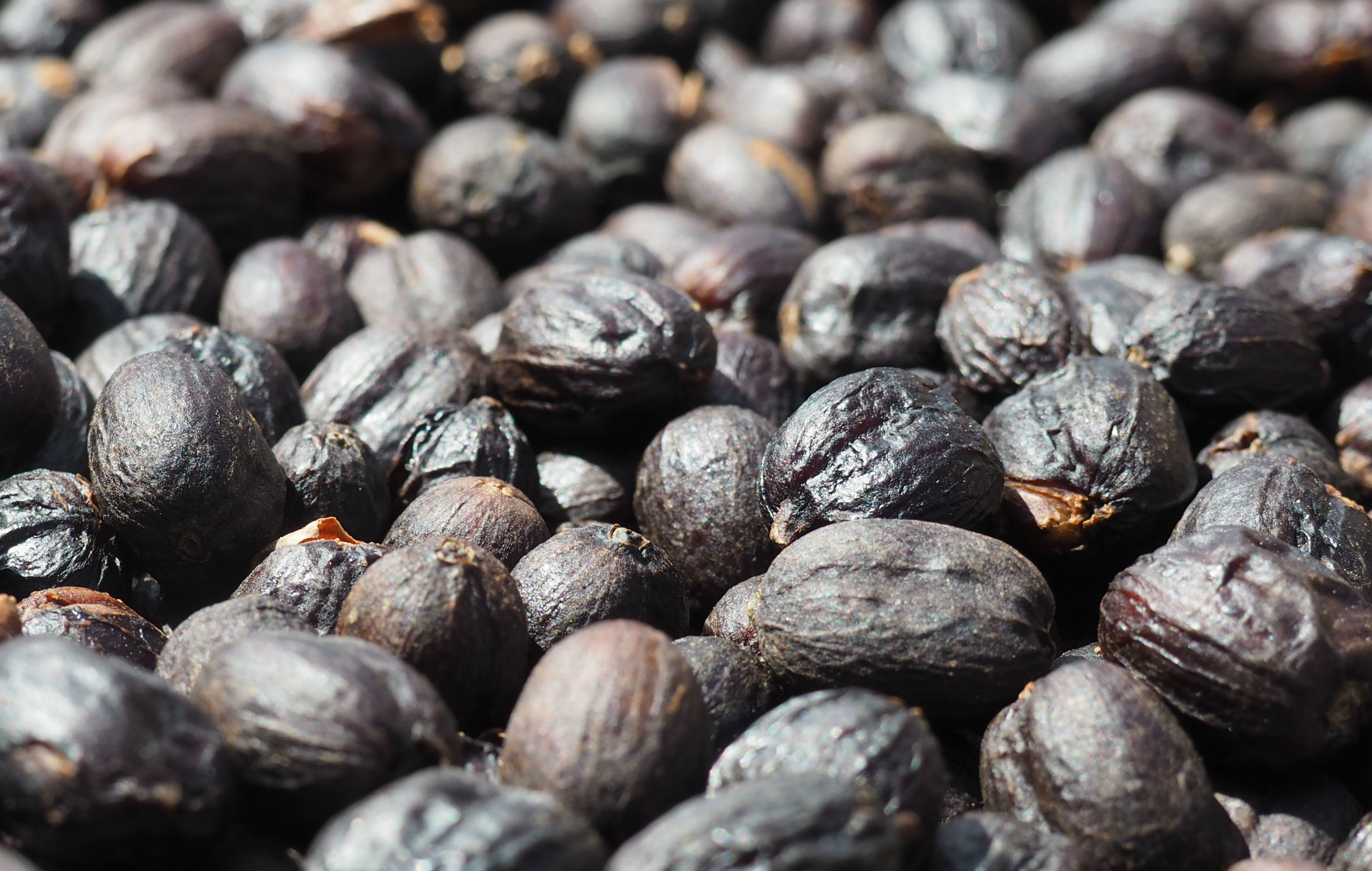Ethiopia Gedeb 1 Marta Alemu Natural GrainPro
Bags 0
Warehouses Oakland
Out of stock
About this coffee
Grower
Marta Alemu Kanke
Altitude
1900 – 2000 masl
Variety
Indigenous heirloom cultivars
Soil
Vertisol
Region
Worka Sakaro, Gedeb District, Gedeo Zone, Southern Nations, Nationalities and Peoples' Region, Ethiopia
Process
Full natural and dried on elevated tables
Harvest
November - December
Certification
Conventional
Coffee Background
The creation of the Ethiopian Commodity Exchange (ECX) in 2008 significantly limited full traceability back to specific farmers. In response, Royal established the Single Farmer Lots Program to separate single farmer lots from the larger cooperative blends sold through the ECX.
The foundation for directly purchasing single farmer lots began in 2012. Yearly farm visits from Royal CEO Max Nicholas-Fulmer and regular communication with farmers through Haile Andualem, Royal’s representative on the ground in Ethiopia, has been an essential component for ensuring that farmers and washing stations are following strict farm management and post-harvest protocols. The results have been an ever-increasing number of 89+ lots with higher returns for the individual producers.
Marta Alemu Kanke cultivated this single farmer lot on her 6-acre farm near the town of Worka Sakaro located in the heart of the coveted Gedeb growing region. Marta grew up helping her father cultivating coffee and only recently started her own farm. This is the first year, with the help of the single lot program, that she has been able to sell her coffee as a micro-lot. Coffee is Marta’s main source of income that she uses to support her family of 10.
Ripe cherries for this natural processed coffee were carefully hand sorted and floated to remove less dense and damaged coffee beans. Next the cherries were dried on raised beds for 15 to 20 days and turned regularly to avoid over-fermentation and mold. Raised beds are carefully constructed to ensure proper air circulation and temperature control, for optimal drying. Cherries were covered during the afternoons to prevent harsh drying in the intense sun. Once the cherries have dried to 11 percent moisture, they were transported to Addis Ababa, the capital of Ethiopia, to be milled and prepared for export.



